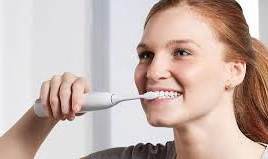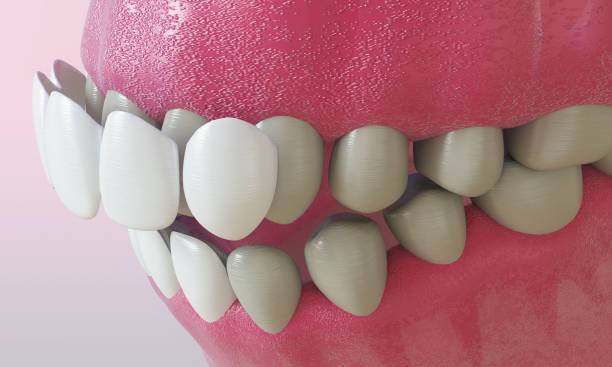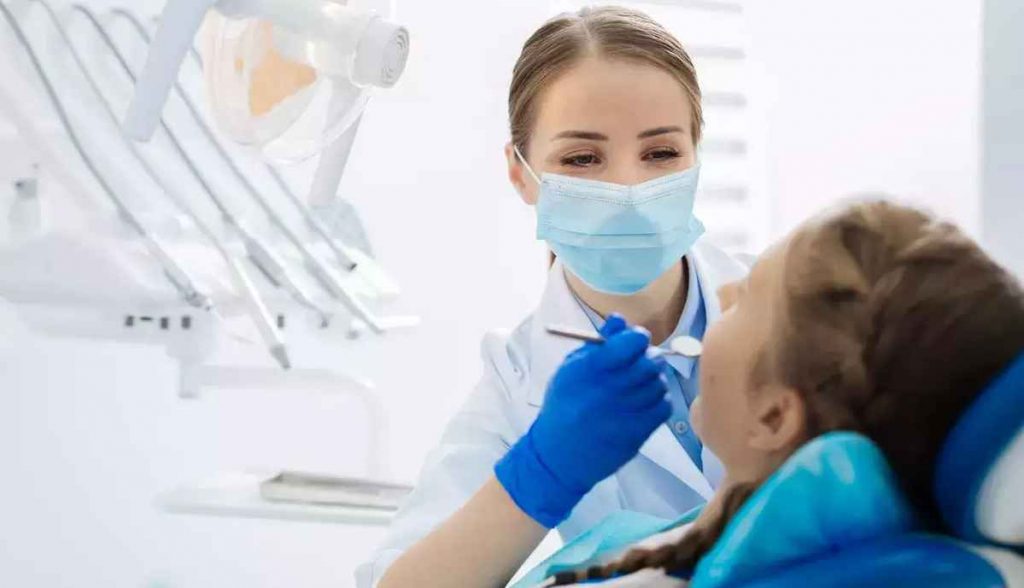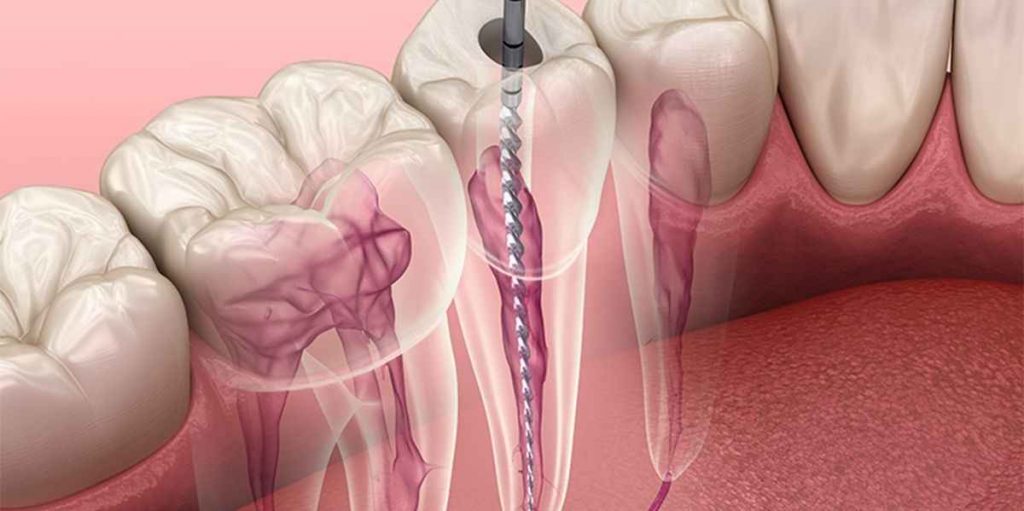Last updated on March 25th, 2024 at 10:42 pm
Great oral hygiene starts with brushing your teeth every day. Ideally, at least twice a day and for two minutes each time. Flossing at least once per day is considered important, as is using mouthwash, providing it’s alcohol-free.Recent research shows that dental health is directly linked with overall health.
So, if you haven’t booked acheck-up recently, you should contact this reputable holistic dentisttoday and get an appointment. It’s the first step in the right direction. Of course, for your dental hygiene routine to really work, you need the best materials possible. That means a good-quality toothpaste, you’ll have to decide on whether to include fluoride or not. You’ll also need the right tooth brush. The condition of the bristles is particularly important.
In fact, if you’re wondering when to change your tooth brush then it will depend on whether you’re using a manual or electric.
Table of Contents
Manual Tooth brushes
The general consensus is to replace a manual tooth brush every 3-4 months. This is when the bristles should start to look worn and frayed. If the brush looks like this earlier then you need to replace it earlier. But, you should note that toothbrushes that have flat bristles after a few weeks are telling you a story.
In essence, you’re brushing too hard and risk damaging the enamel on your teeth as well as your gums. This will increase your risk of cavities and gum disease. The best approach, to prevent you from using too much force, is to hold your toothbrush with just one finger and your thumb. This makes it very difficult to use too much force.
Electric Toothbrushes
Electric toothbrushes usually have shorter bristles which means they get worn down quicker. In addition, they will spin round much faster than a manual tooth-brush, meaning your bristles will get worn down faster.In general, an electric tooth-brush will need replacing every 12 weeks. But, again, if the bristles are frayed, replace them earlier and consider how much pressure you are placing on the brush.
Remember, a tooth brush with frayed or flat bristles will not be as effective at cleaning debris and other materials from your teeth. That’s going to increase the likelihood of tooth decay occurring.
Top Tips To Help Your Toothbrush Last
In the grand scheme, the cost of a toothbrush is negligible. But, you’ll still want to get value for your money. The following will help your brush last longer.
Avoid toothbrush contact
When your bristles are in contact with other bristles germs are likely to spread, degrading your tooth-brush and increasing the risk of dental problems.
Rinse Thoroughly
When you’ve finished brushing rinse your tooth-brush to ensure it is clean and free of debris. It will help it to stay strong and last longer. It also prevents you from putting additional bacteria in your mouth.
Keep It Open
A toothbrush kept in a closed container will attract bacteria and encourage them to grow. In short, it will create the perfect environment to damage your tooth-brush and potentially your teeth. Keep it in the open!
Related Articles:







